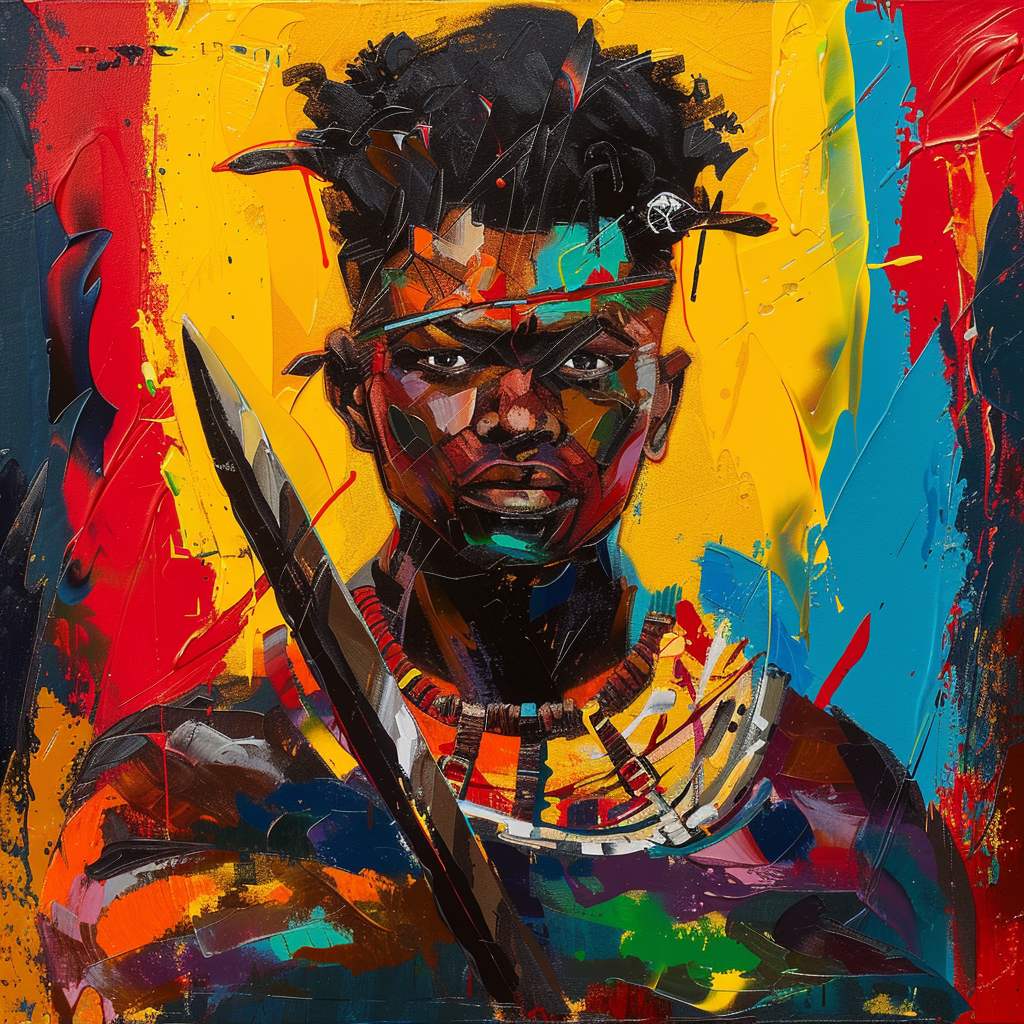In the quest to understand Africa’s past, there has been a growing movement to decolonize African historiography. This movement seeks to shift the center of historical discourse away from Eurocentric perspectives and towards the voices, experiences, and narratives of African peoples themselves. Let’s delve into the efforts to decolonize African historiography by challenging Eurocentric narratives, reexamining historical sources and methodologies, and centering African perspectives.
Challenging Eurocentric Narratives
Eurocentric narratives of African history have long dominated academic discourse, perpetuating stereotypes, biases, and distortions that undermine the richness and complexity of Africa’s past. Decolonizing African historiography involves challenging these narratives and interrogating the underlying assumptions and power dynamics that have shaped them. By deconstructing Eurocentric perspectives and exposing their limitations, historians can open up space for alternative interpretations and marginalized voices to be heard.
Centering African Perspectives and Voices
At the heart of decolonizing African historiography is the imperative to center African perspectives, voices, and experiences in the study of Africa’s past. This involves privileging indigenous knowledge systems, oral traditions, and local histories that have often been overlooked or dismissed in favor of Western-authored accounts. By amplifying African voices and reclaiming agency over their own narratives, historians can offer more nuanced and authentic portrayals of African societies, cultures, and civilizations.
Reexamining Historical Sources and Methodologies
Decolonizing African historiography also requires a critical reexamination of historical sources and methodologies. Historians must interrogate the biases, omissions, and silences embedded within existing archival records, written sources, and research methodologies. This involves not only uncovering hidden histories and marginalized perspectives but also challenging the epistemological foundations of Western-centric historical scholarship. By adopting more inclusive and interdisciplinary approaches, historians can uncover new insights and interpretations that offer a more holistic understanding of Africa’s past.
Promoting Collaborative and Participatory Research
Another key aspect of decolonizing African historiography is promoting collaborative and participatory research that engages with local communities and stakeholders. This approach recognizes the importance of community-based knowledge production and fosters partnerships between academic researchers and grassroots organizations. By involving African communities in the research process, historians can ensure that their perspectives and priorities are reflected in the historical narratives that emerge.
Embracing Indigenous Knowledge Systems
Decolonizing African historiography also involves embracing indigenous knowledge systems and epistemologies that offer alternative ways of understanding the past. This includes recognizing the validity of oral traditions, indigenous languages, and traditional modes of historical transmission that have been marginalized by Western-centric approaches. By integrating indigenous knowledge systems into historical research and teaching, historians can enrich our understanding of Africa’s diverse cultural heritage and challenge the hegemony of Western academic paradigms.
Toward a More Inclusive and Equitable Historiography
In conclusion, decolonizing African historiography is an ongoing process that requires a commitment to centering African perspectives, challenging Eurocentric narratives, and reexamining historical sources and methodologies. By embracing indigenous voices, promoting collaborative research, and embracing indigenous knowledge systems, historians can work towards a more inclusive and equitable historiography that honors the complexity and diversity of Africa’s past. In doing so, we can contribute to a more just and equitable understanding of history that reflects the experiences and aspirations of all African peoples.
Related Articles
- Global Perspectives in African Historiography: Tracing Interconnected Histories
- Conflict and Peace in African Historiography: Unraveling the Threads of History
- Digital Histories of Africa: Navigating the Technological Terrain
- Postcolonial African Historiography: Reclaiming Narratives, Rewriting Histories
- Gender Perspectives in African Historiography: Unveiling Hidden Narratives
- Oral History and Memory in African Historiography: Preserving Voices of the Past
- Decolonizing African Historiography: Embracing Indigenous Narratives and Perspectives
- Colonial Perspectives in African Historiography: Unveiling the Shadows of the Past
- The Evolution of African Historiography: Unraveling the Threads of Time



